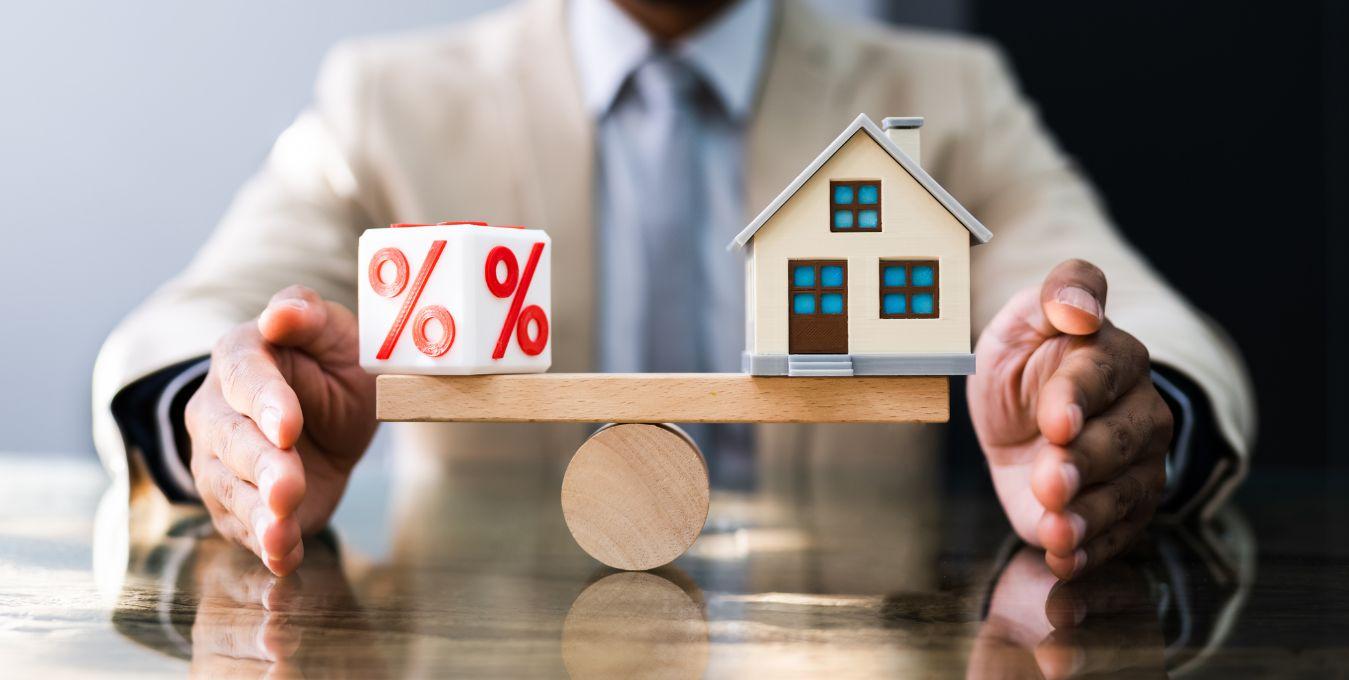Selling a home can be both exciting and stressful. One of the most effective ways to make the process smoother and faster is home staging. When done correctly, staging helps potential buyers visualize themselves in the space. It highlights the property’s strengths and minimizes any weaknesses.
Let’s explore how you can stage a home to sell faster, even if you’re working with a limited budget.
What Is Home Staging?
Home staging is the process of preparing and decorating a house in a way that appeals to the widest range of potential buyers. It’s about showcasing the property’s best features while making it feel warm, inviting, and move-in ready.
Staging is different from decorating. It’s not about personal style—it’s about creating a neutral, yet attractive space that resonates with buyers.
Why Is Staging Important?
Buyers often decide within minutes of entering a home whether they’re interested or not. A well-staged home can:
-
Sell faster
-
Attract higher offers
-
Stand out in online listings
-
Help buyers make emotional connections
Whether you're selling a vacant property or living in the home while it's on the market, staging can make all the difference.
Step-by-Step Home Staging Guide
1. Start With a Deep Clean
The first step in staging is cleaning. A spotless home tells buyers that the property has been well maintained. Pay special attention to:
-
Floors and carpets
-
Kitchen and bathrooms
-
Windows and mirrors
-
Baseboards and corners
If budget allows, consider hiring professional cleaners to get a head start.
2. Declutter Every Room
Clutter can distract buyers and make rooms feel smaller. Remove:
-
Personal items like photos and souvenirs
-
Unused furniture
-
Excess decor or knick-knacks
The goal is to create open space so buyers can focus on the room, not the stuff in it.
3. Depersonalize the Space
Buyers need to imagine themselves living in the home. Remove anything too personal, such as:
-
Family portraits
-
Religious symbols
-
Name plaques or customized items
Neutral doesn’t mean boring. You can still keep stylish art and tasteful decor.
4. Create a Neutral Color Palette
Neutral tones appeal to a wider audience. Consider repainting bold-colored walls with soft shades like:
-
Warm beige
-
Light gray
-
Soft white
These colors make rooms appear brighter, larger, and more inviting.
5. Rearrange Furniture for Flow
Make sure each room has a clear purpose. Use furniture to show how a space can be used:
-
In the living room, create conversation areas
-
In bedrooms, center the bed and use matching nightstands
-
In dining areas, add a table with a few chairs
Avoid pushing furniture against every wall. Let the room “breathe.”
6. Let in Natural Light
Light makes a home feel more spacious and cheerful. Open curtains, clean windows, and remove heavy drapes. If natural light is limited, add lamps or replace bulbs with higher wattage for a brighter feel.
7. Add Inviting Touches
Small touches can make a big impact:
-
Fresh flowers in the entryway
-
A bowl of fruit on the kitchen counter
-
Fluffy towels in the bathroom
-
Cozy throws and pillows on sofas or beds
These simple details create a warm and welcoming vibe.
8. Highlight Key Features
Make sure buyers notice the best parts of the home:
-
Show off fireplaces by cleaning them and placing a few candles or decor items
-
Emphasize built-in shelves by arranging books and plants
-
Clean and stage outdoor areas like patios or balconies with chairs or lanterns
Don’t block features like windows or focal walls with oversized furniture.
9. Stage the Exterior (Curb Appeal)
First impressions matter. Boost curb appeal with:
-
Freshly cut grass and trimmed hedges
-
A clean, swept front porch
-
A new doormat or house numbers
-
Seasonal plants or flowers in pots
A welcoming exterior draws buyers in and sets the tone for the rest of the home.
10. Appeal to All the Senses
While visuals are important, don’t forget the other senses:
-
Smell: Use subtle air fresheners or bake cookies before a showing
-
Sound: Play soft instrumental music during open houses
-
Touch: Use soft fabrics and clean textures on sofas, beds, and rugs
Avoid overpowering scents or loud music, as these can be distracting.
Budget-Friendly Staging Tips
You don’t need to spend a fortune to stage a home. Here are a few ways to keep costs low:
-
Use items you already own in creative ways
-
Borrow decor or furniture from friends or family
-
Shop at thrift stores or discount home decor outlets
-
Focus staging efforts on key rooms like the living room, master bedroom, and kitchen
Final Thoughts
Home staging doesn’t have to be complicated or expensive. By following these simple steps, you can create a welcoming space that helps your property sell faster. Always keep in mind that buyers are looking for a place they can call home.
Creating a clean, clutter-free, and neutral environment allows them to picture their future there—and that can be the key to a quicker sale.
Important Links
Tampines Street 94 Condo Site Plan
Tampines Street 94 Condo Price
Tampines Street 94 Condo Developer
Tampines Street 94 Condo Project Details
How to Invest in Rental Properties
Smart Tips for First-Time Home Buyers
Smart Ways to Increase Your Home’s Value Before Selling
How to Invest in Commercial Property
Tampines Street 94 Condo Location
Tampines Street 94 Condo Site Plan
Tampines Street 94 Condo Floor Plans
Tampines Street 94 Condo Location
Tampines Street 94 Condo Floor Plans
